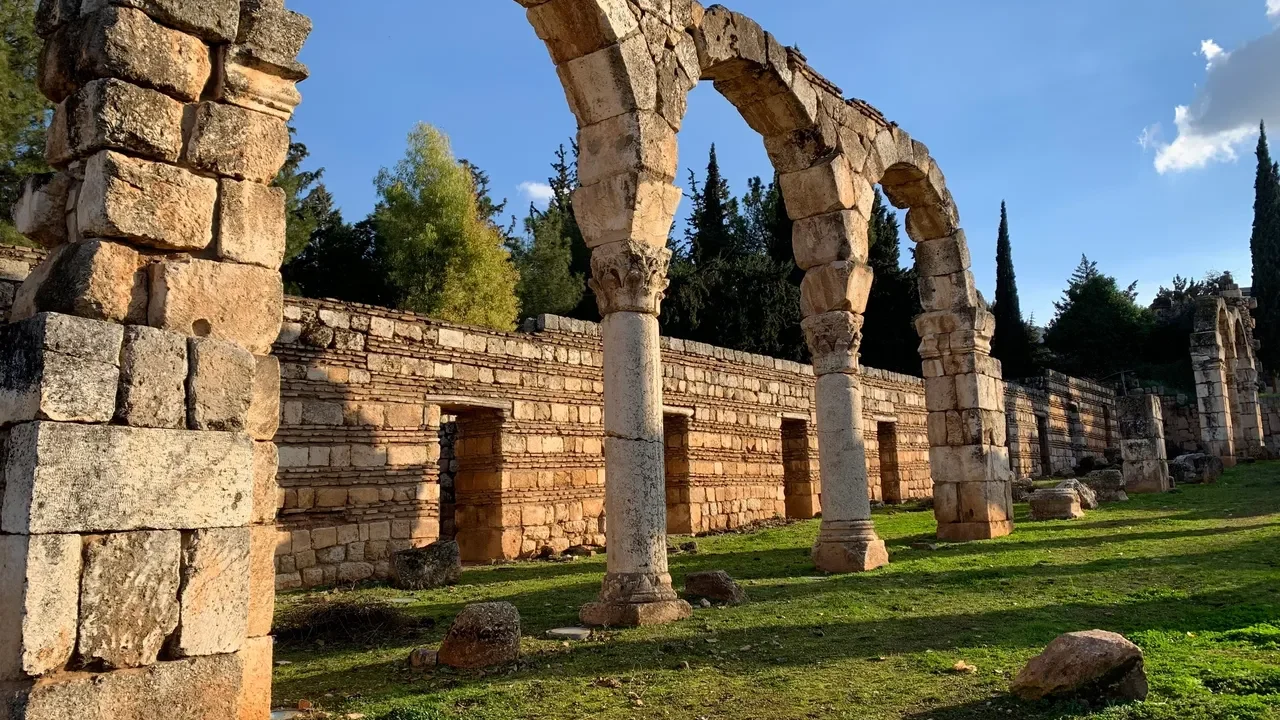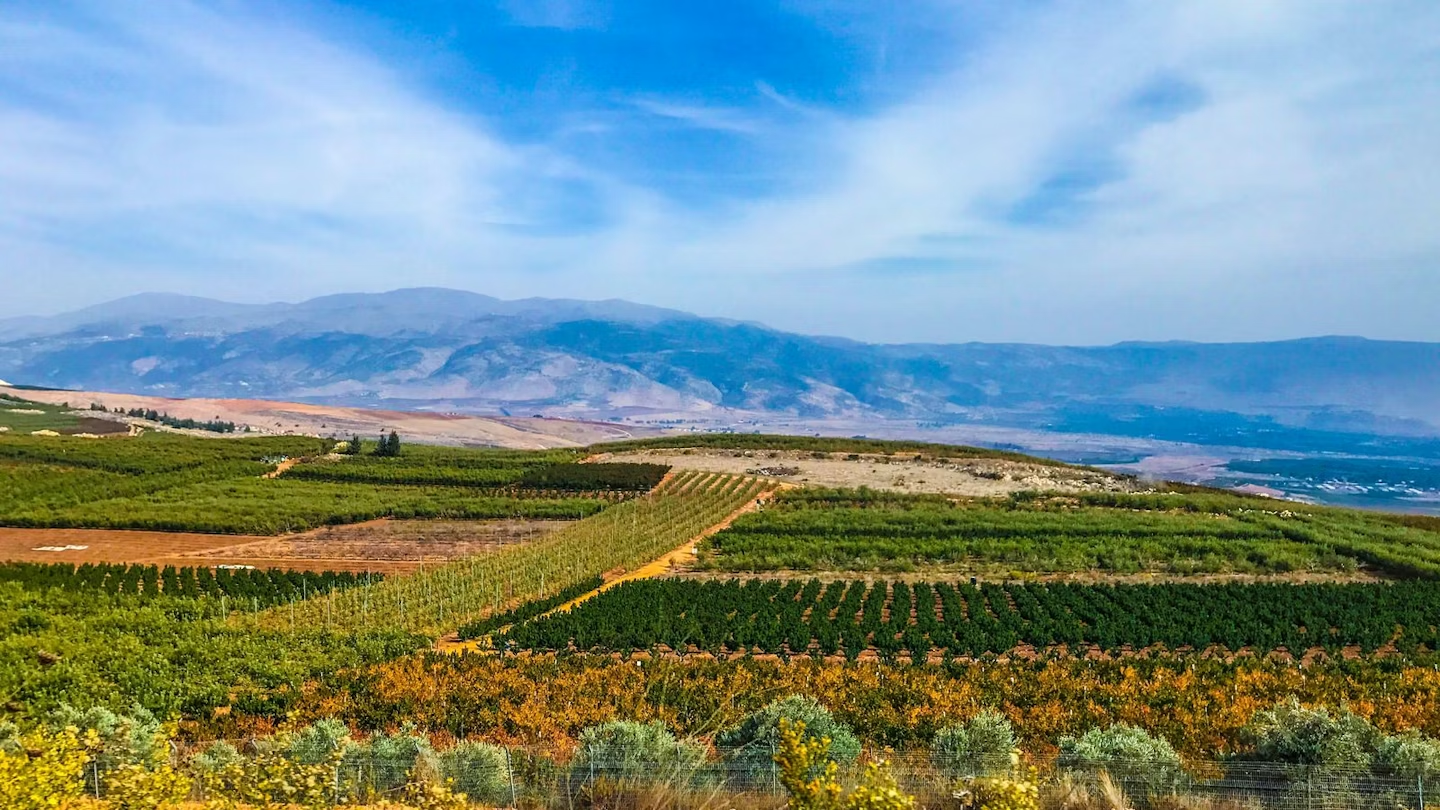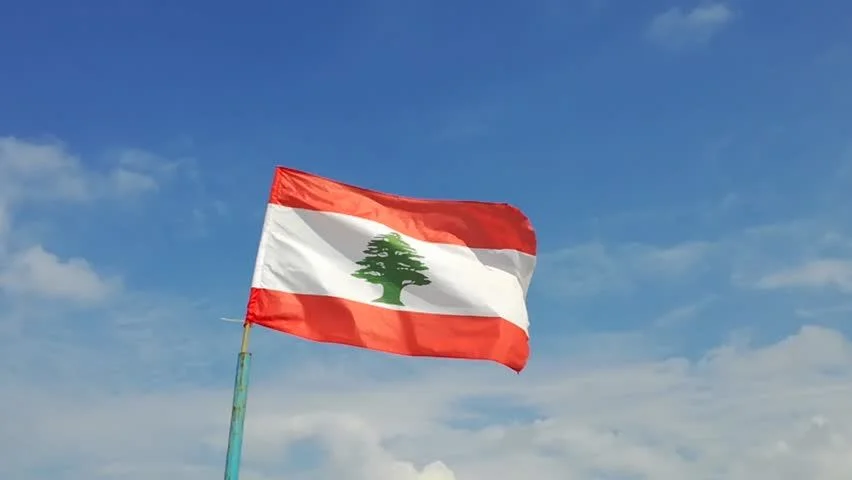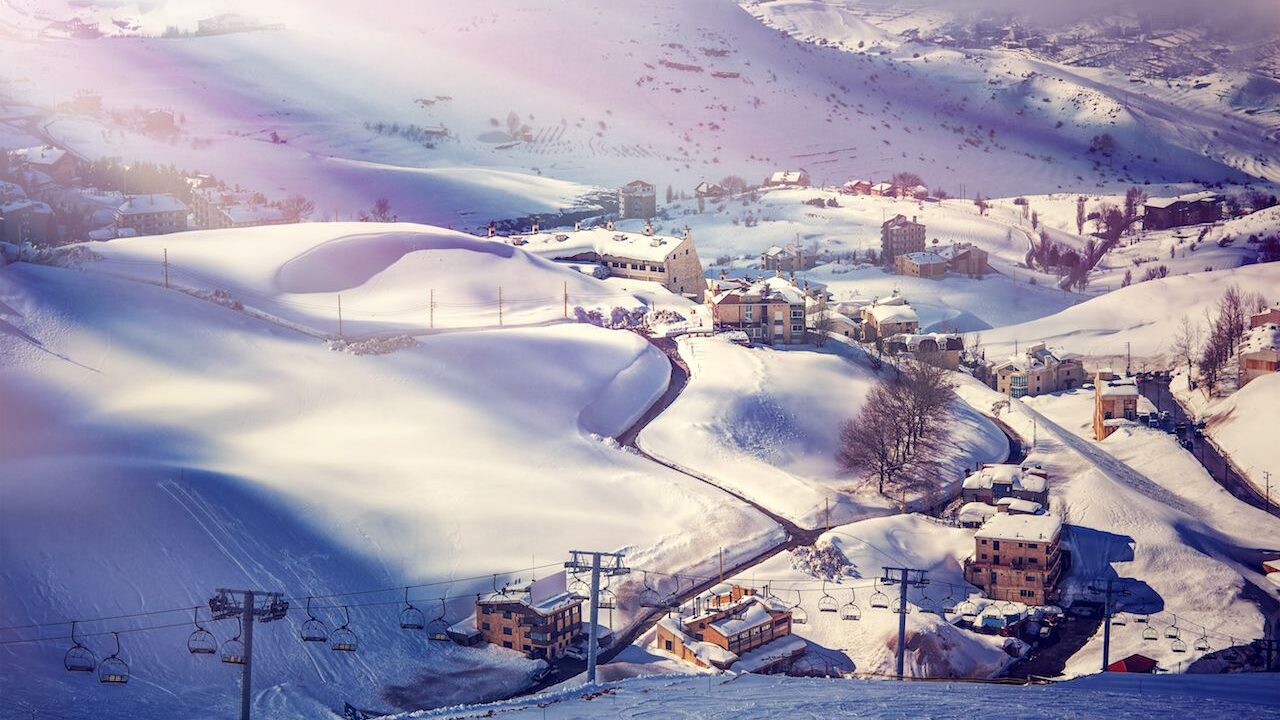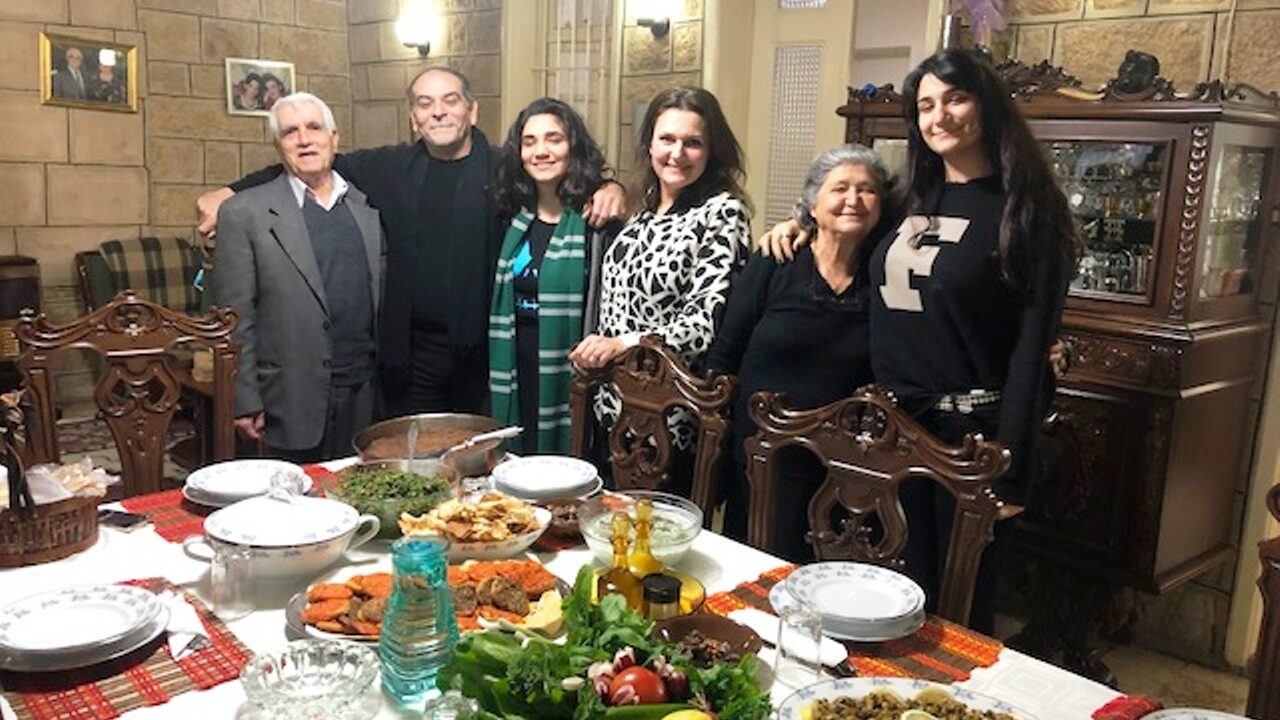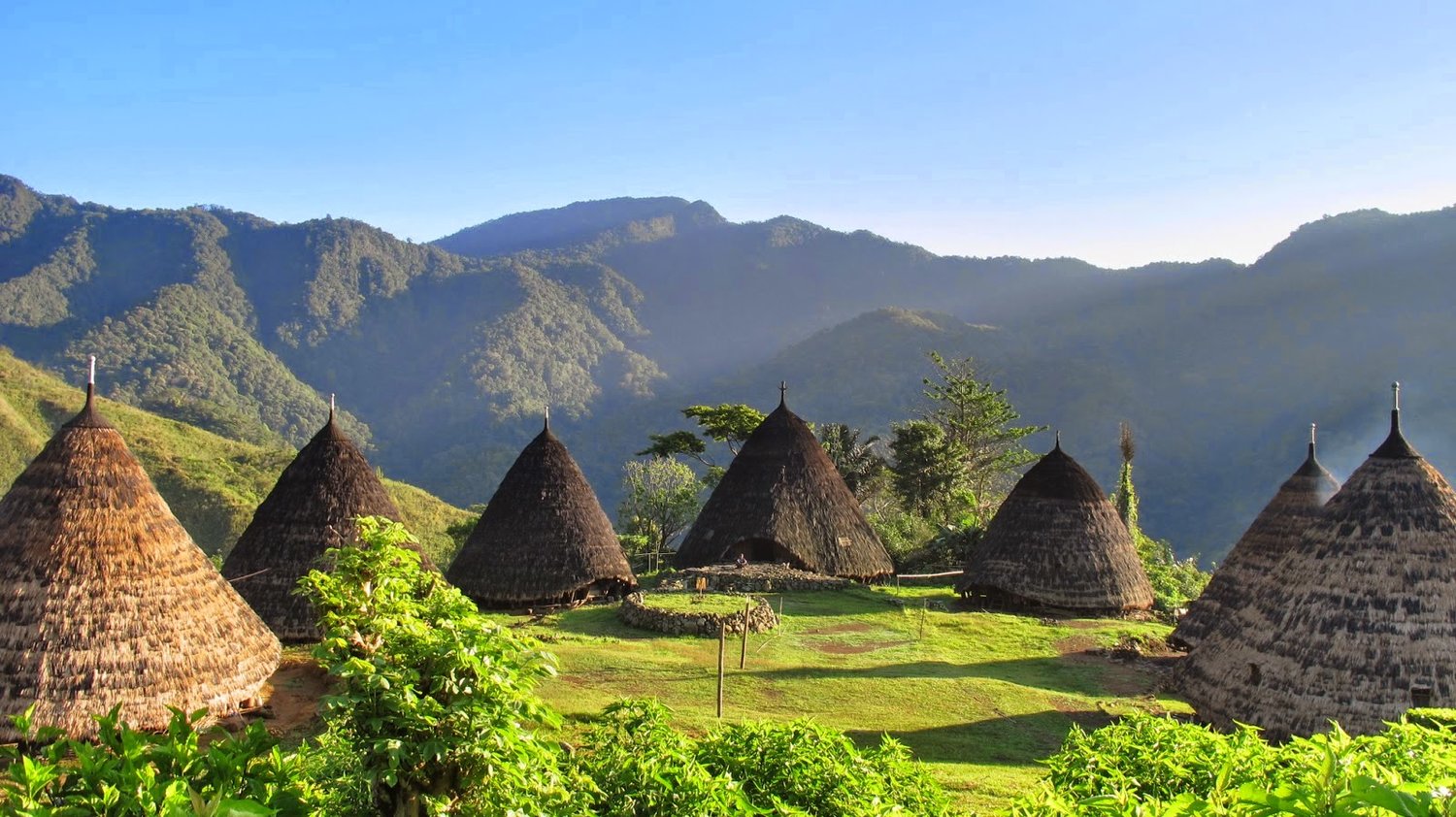Wae Rebo is a remote mountain village on Flores Island often described as a village above the clouds. It sits over 1,100 meters above sea level and is reachable only through a multi-hour jungle trek surrounded by misty hills and dense forest. The village is famous for its cone-shaped traditional houses called Mbaru Niang, made of bamboo, wood, and palm fiber with architectural techniques passed down for centuries.
The village consists of seven houses arranged in a circle, symbolizing unity of the Manggarai people with nature and ancestors. Each house shelters multiple families and serves as both a living space and a cultural center. Visitors participate in a welcoming ritual where elders grant permission to stay, emphasizing respect and spiritual harmony.
Life in Wae Rebo is simple and rooted in tradition. Residents weave textiles, grow coffee, and maintain forest conservation practices that preserve biodiversity. The village is recognized by UNESCO for cultural preservation, reflecting its importance as a living heritage site rather than a staged tourist attraction.
Because of its altitude, the village is often covered in drifting clouds that roll across the hills. When sunlight breaks through, the view feels ethereal, with layers of mountains fading into the distance. The trek itself is part of the experience, offering wildlife sightings, waterfalls, and ancient stone paths.
Tourism here is regulated by the community to prevent cultural disruption. Homes are restored using traditional methods rather than modern materials, and income from visitors supports education and village maintenance. Travelers are encouraged to disconnect from modern distractions and immerse themselves in communal life.
Wae Rebo is more than a scenic destination. It is a preserved world where tradition, nature, and spirituality coexist in a delicate balance above the clouds.
